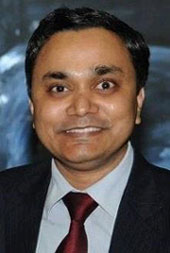An Impact Assessment of President Obama’s Visit on the India-US Strategic Partnership
The India-US strategic partnership grounded in shared values as well as shared interests has been further deepened during Obama’s visit.
- Published: December 09, 2010













